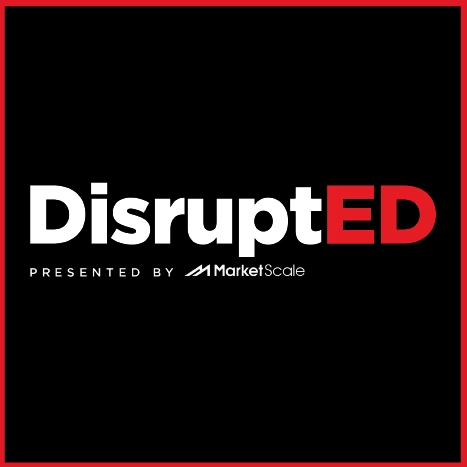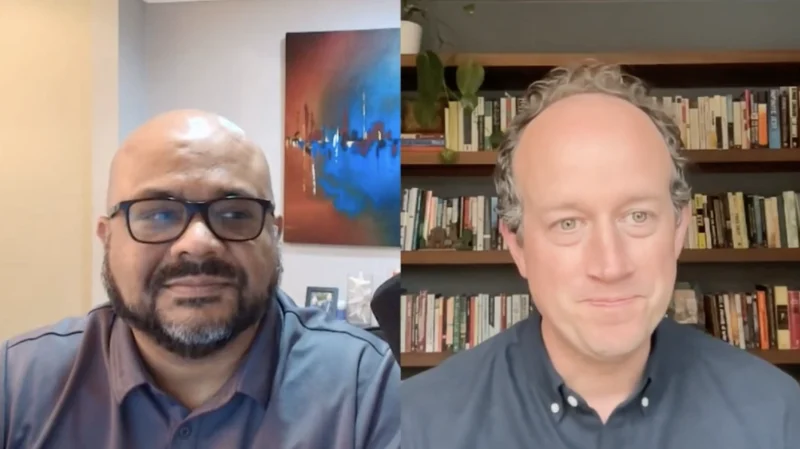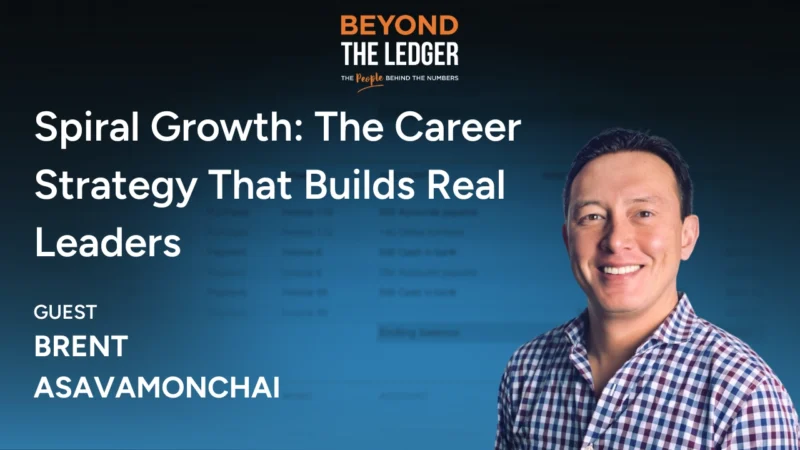The DisruptED Efforts of Starbucks to Pioneer Education as a Benefit for Frontline Partners: Episode 2 of 2
In an era of shifting workforce expectations, Starbucks has been leading in developing educational benefits designed explicitly for its frontline partners. In the second episode of DisruptED, host Ron J. Stefanski continues his discussion with Brandon Carson, the Vice President of Learning, Leadership & Cultural Experiences at Starbucks.
Missed the first episode? Catch up here.
This second episode probes deeper into how Starbucks is redefining its role as an employer by transforming into an academy for its employees, particularly focusing on frontline partners. The initiative aligns with the company’s strategy to embed continuous learning into its corporate culture, thus ensuring that Starbucks is more than a place of employment; it’s a hub of personal and professional growth. Carson discusses the company’s shift towards a learning-centric approach, which the evolving needs of employees have influenced mainly in response to the global pandemic.
Throughout the pandemic, Carson notes, Starbucks’ frontline partners faced unprecedented challenges that reshaped their roles and expectations. In response, Starbucks enhanced its educational programs, which initially began as a way to foster greater opportunities. This approach met new customer expectations, maintained business continuity during disruptions, and solidified the company’s commitment to being an “academy organization.” This vision aims for Starbucks to be a beacon of learning and opportunity, closely aligning work with their frontline partners’ personal values and aspirations of their frontline partners.
Article by MarketScale




